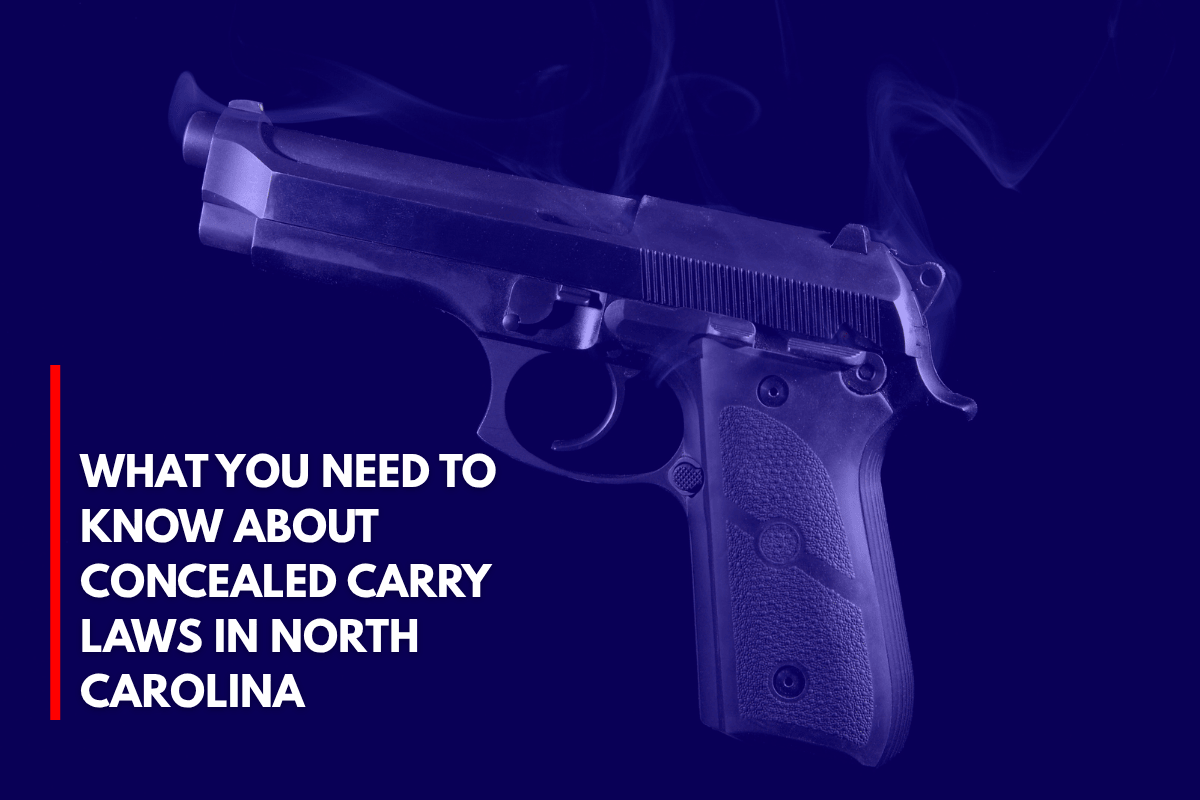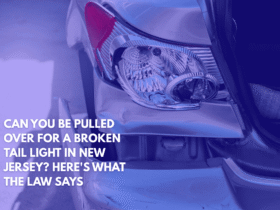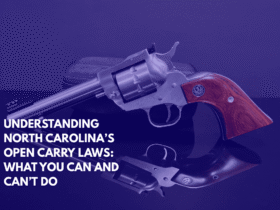North Carolina’s concealed carry laws have recently seen significant changes with the introduction of new legislation. Here’s what you need to know about the current rules and requirements for carrying a concealed handgun in the state.
Permitless (Constitutional) Carry in North Carolina
Recent Legislative Change
As of 2025, North Carolina has enacted a “Constitutional Carry” law. This means that, generally, any U.S. citizen who is at least 18 years old may carry a concealed handgun in North Carolina unless otherwise prohibited by law.
Exceptions and Prohibitions
Despite the new law, there are important restrictions:
Prohibited Persons: Individuals who are under indictment for a felony, have been adjudicated as a danger to themselves or others due to mental illness or incapacity, or who meet other specified criteria are not allowed to carry concealed handguns. Violating this prohibition is a Class 2 misdemeanor for a first offense and a Class H felony for subsequent offenses.
Carry Locations: Even with permitless carry, there are places where concealed handguns are not allowed, such as law enforcement or correctional facilities, schools, state or federal buildings, private property where posted, and areas where prohibited by federal law.
Concealed Handgun Permits
Permit Availability
While permitless carry is now allowed, North Carolina still issues concealed handgun permits (CHP) for those who want them, such as for reciprocity with other states or personal preference.
Minimum Age: To apply for a CHP, you must be at least 21 years old.
Application Process: Apply through your county sheriff’s office. Requirements include a completed application, fingerprints, proof of firearms safety training, and a fee (about $90 for first-time applicants, $75 for renewals).
Validity: Permits are valid for five years.
Key Carry Rules and Requirements
Identification and Duty to Inform
When carrying a concealed handgun, you must carry valid identification. If approached by law enforcement, you have a duty to inform the officer that you are carrying a concealed handgun and present your identification and permit (if you have one).
Location Restrictions
Concealed handguns are prohibited in:
Law enforcement or correctional facilities
Schools and educational facilities (except locked in a vehicle)
State or federal buildings and offices (except locked in a vehicle)
Private property where posted
Areas where prohibited by federal law
Assemblies, parades, or demonstrations where admission is charged or alcohol is served, unless you are the owner or have permission
Alcohol and Controlled Substances
You may not carry a concealed handgun while consuming alcohol or under the influence of alcohol or controlled substances, unless the substance was lawfully obtained and taken as directed by a physician.
Reciprocity and Non-Residents
Reciprocity
North Carolina recognizes concealed carry permits from all other states. Out-of-state permit holders must follow North Carolina’s laws while in the state.
Non-Resident Permits: North Carolina does not issue concealed carry permits to non-residents except for military personnel permanently posted in the state.
Summary Table
| Feature | Details |
|---|---|
| Permitless Carry Age | 18 (U.S. citizen) |
| CHP Minimum Age | 21 |
| Prohibited Persons | Felony indictment, certain mental health adjudications, etc. |
| Duty to Inform | Yes, upon law enforcement contact |
| Carry Locations | Many restrictions (see above) |
| Alcohol/Substances | Not allowed while consuming or under influence |
| Reciprocity | Recognizes all out-of-state permits |
| Non-Resident Permits | Only for military posted in NC |
North Carolina now allows permitless concealed carry for most adults, but retains strict location and conduct restrictions. Concealed handgun permits are still available for those who want them, especially for use in other states. Always carry identification, follow location restrictions, and inform law enforcement when carrying a concealed handgun.
Sources:
- https://www.ncleg.gov/Sessions/2025/Bills/House/PDF/H5v2.pdf
- https://lrs.sog.unc.edu/bill/freedom-carry-nc-new
- https://giffords.org/lawcenter/state-laws/location-restrictions-in-north-carolina/
- https://www.randolphcountync.gov/372/Concealed-Carry-Information-Fingerprinti











Leave a Reply